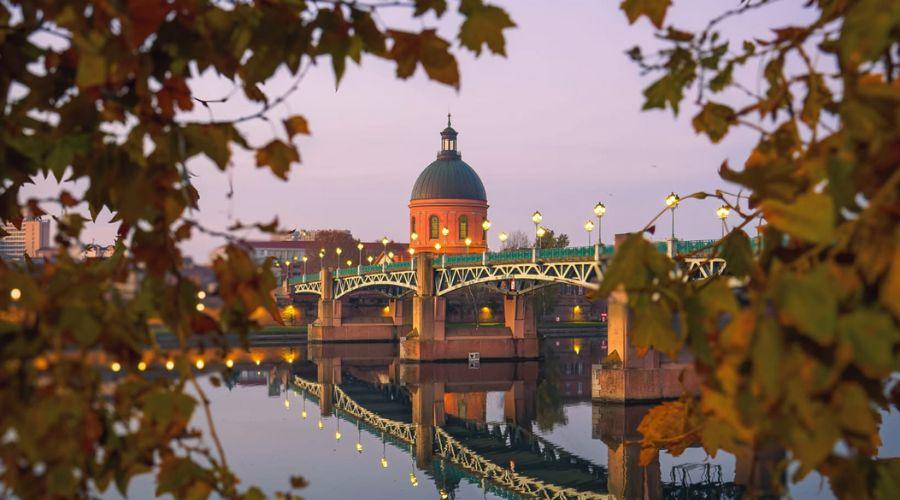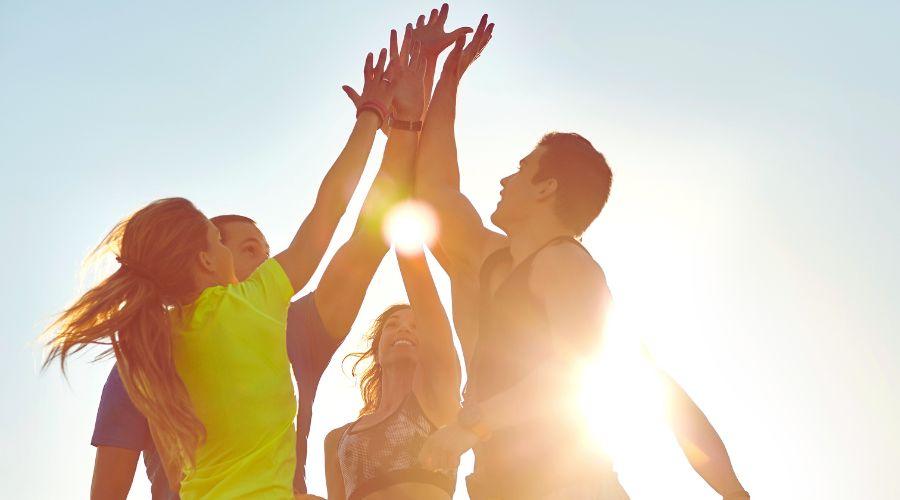Immigration complex landscape
France, historically a hub for many sports talents, hosts around 15% of foreign athletes in its professional leagues. This diversity not only enhances the competitiveness of national competitions but also contributes to their international reach. To attract and integrate these athletes, France has developed specific policies, particularly through legal frameworks defining their status.
The French Sports Code defines various statuses for professional athletes, including that of elite athlete, salaried athlete, and independent athlete. Foreign athletes from non-EU countries must navigate complex immigration procedures to enter, live, and work in France. Their status determines the steps they must take: long-stay visa, residence permit, and work permit are required depending on the duration and nature of their activity. Elite athletes can benefit from the « Talent Passport », a favorable visa allowing them to work and reside in France for up to four years, with renewal options.
This visa is aimed at athletes with a national or international reputation. For example, football players must provide proof of their qualifications and employment contract to be eligible. This visa also allows their family members to obtain residence permits with extended rights, such as the ability to work and study.

Cultural integration
In the competitive world of international sports, cultural integration is a key challenge for foreign athletes coming to France. Success on and off the field often depends on their ability to adapt to new cultural codes, language and daily life.
Cultural adaptation goes beyond learning the language. It involves understanding French customs, values and social dynamics. From simple greetings, to adapting to direct feedback from coaches and teammates, international athletes can face many challenges that can lead to :
- Isolation : moving to a new country often comes with feelings of loneliness, especially when language skills are limited.
- Pressure : high expectations from clubs can increase the stress of adjusting to a new environment.
- Change in family dynamics : athletes often relocate with their families, who face their own set of cultural and logistical challenges.
Clubs play a vital role in fostering integration by offering language courses, cultural orientation and inclusive team activities. Best practices include pre-arrival preparation, cultural coaching and professional guidance from experts.
This is where HAPPY IN FRANCE excels. With a unique expertise in cultural integration, we provide tailored French courses, intercultural training and personalized coaching to help athletes adapt smoothly and confidently to their new environment. Our bespoke approach supports both athletes and their families, ensuring a harmonious transition and maximizing their potential.
An optimal cultural adaptation can unlock the full potential of international talents, enriching both the athlete and team dynamic, key for growth and collective performance !
To find out more about Happy in France news, do not hesitate to visit their website!
This article is part of a three-part series. Click here to access part 3.
